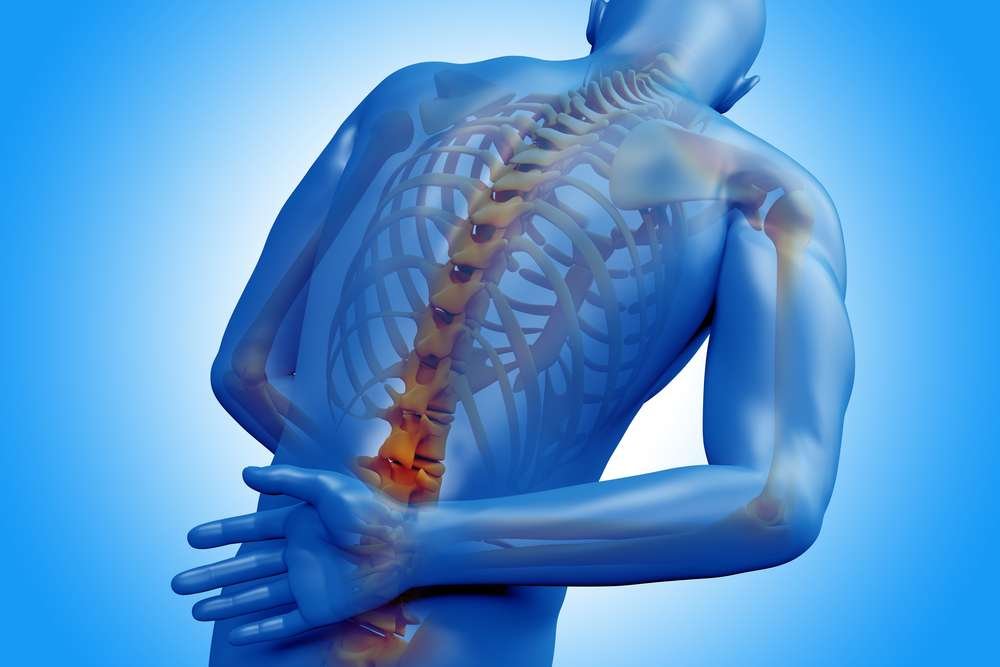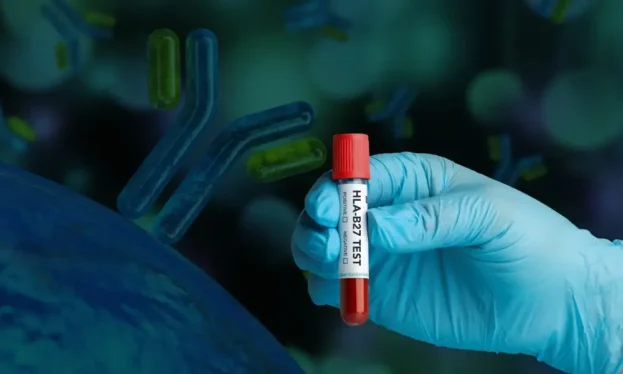
Introduction
HLA-B27 Problem is a specific protein found on the surface of white blood cells. It plays a role in the immune system, but in some cases, it is linked with autoimmune diseases. People who test positive for HLA-B27 may be at higher risk of developing conditions like ankylosing spondylitis, reactive arthritis, and other inflammatory disorders.
If you are struggling with joint pain, stiffness, or unexplained inflammation, it is important to understand the role of HLA-B27 and consult an expert for proper treatment.
What is HLA-B27?
HLA-B27 is a genetic marker that is passed from parents to children. While not everyone with HLA-B27 develops health problems, it increases the likelihood of autoimmune disorders. This genetic factor is commonly associated with:
- Ankylosing spondylitis
- Reactive arthritis
- Psoriatic arthritis
- Inflammatory bowel disease-related arthritis
Symptoms Linked with HLA-B27 Problem
Having HLA-B27 alone does not cause disease, but if symptoms appear, they may include:
- Chronic back pain
- Morning stiffness in joints
- Swelling in ankles or knees
- Eye inflammation (uveitis)
- Fatigue and body ache
If you notice these issues, testing for HLA-B27 may help in early diagnosis.
Why Testing for HLA-B27 is Important

A blood test for HLA-B27 helps doctors determine if your joint or back pain is related to autoimmune conditions. Early detection can make a big difference in managing symptoms and slowing down progression.
Ayurvedic View on HLA-B27 Related Disorders
Ayurveda believes that imbalance in Vata dosha often leads to chronic joint pain and stiffness. Herbal formulations, dietary changes, and lifestyle modifications can provide natural relief. Panchakarma therapies like Abhyanga (oil massage) and Basti (medicated enema) are also helpful.
Consultation
If you are experiencing persistent joint stiffness, back pain, or inflammation, do not ignore it. Getting the right consultation is crucial. At Vedic Upchar, you can consult Ayurvedic experts for natural treatment and guidance on HLA-B27–related disorders.